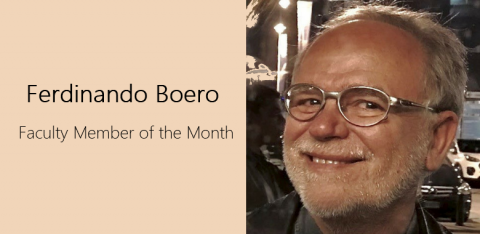To date, F1000Research has published more than160 software tool articles and we’re looking for more! In publishing the details of your software tool and making it open source you can make a real difference to the research of others. Hollydawn Murrary highlights some recent Software Tool Articles published on F1000Research and announces a new call for papers.
It seems not so long ago that we announced that we would be launching Gates Open Research, and hot on its heels is the latest addition to the family – UCL Child Health Open Research. We are delighted that UCL Great Ormond Street Institute of Child Health, the largest centre of child health research in Europe, have taken this big step in becoming the first institute to launch their own publication platform.
Rebecca Lawrence, our Managing Director, discusses the vital role that research institutions can play, together with research funders, in supporting their researchers in improving the way that the findings of their work are communicated and helping to reduce research waste.
Rosalind Smyth, Director of UCL Great Ormond Street Institute of Child Health, and Martin Elliott, UCL Professor of Cardiothoracic Surgery talk about the launch of the launch of the new publication platform UCL Child Health Open Research. It will be the first institute-focused publishing platform and allow any UCL Great Ormond Street ICH or other UCL researcher studying child health to publish with greater speed and transparency.
In honour of International Women in Engineering day on 23rd June, Chloe-Agathe Azencott is June’s featured Faculty Member of the Month. A research scientist at the Centre for Computational Biology of MINES ParisTech and Institut Curie (Paris, France) since 2013, her enthusiasm for problem solving and seeking new knowledge drew her into engineering.
Corina Logan, University of Cambridge, recently published an Opinion Article about publishing choices that face researchers when decided how to disseminate their work. The article underwent open post-publication peer review and was also highlighted through our literature recommendation service F1000Prime. Clint Perry, Queen Mary University of London, is an Associate Faculty Member for F1000Prime and co-author of the recommendation. In this post, Corina and Clint discuss some of the points raised in Corina’s article about the peer review, open access and what changes are needed to ensure that publishers better serve the scientific community.
Throughout May, there were many discussions and reports about the current uses and future possibilities of artificial intelligence (AI), with AI and health care appearing to be a major theme. In recognition of this, we are highlighting the top 3 recommended articles in the area of AI in this month’s blog post, which we have decided to rename, and for those Transformers fans out there, you will see the link to this month’s theme. We also include our usual top 3 articles for the month and our Hidden Jewels.
Ferdinando Boero is May’s featured Faculty Member of the Month. He shares with us two of the most influential people for his research, Charles Darwin and Frank Zappa.
A recent Opinion Article by Jan Voskuil, Aeonian Biotech, discussed the challenges in validation of research antibodies. It was openly peer reviewed by Michael Weller, Federal Institute for Materials Research and Testing (BAM), Germany. In this blog, both discuss these challenges, the reproducibility crisis and open data.
It is time to re-think how biomedical applications are built and adopt new strategies that ensure quality, efficiency, robustness, correctness and reusability of software components. Dr Luis Bastiao Silva explains how engaging end-users during the development process will help to ensure that software applications fit the needs of general clinicians and practitioners.
Today marks the second and final day of London Calling 2017, a conference dedicated to the latest Nanopore genetic-sequencing technology, such as the portable MinION, and is known for its excitement. Hollydawn Murray, shares the focus for this year’s conference and summarises the technical and software updates for Nanopore technology.














